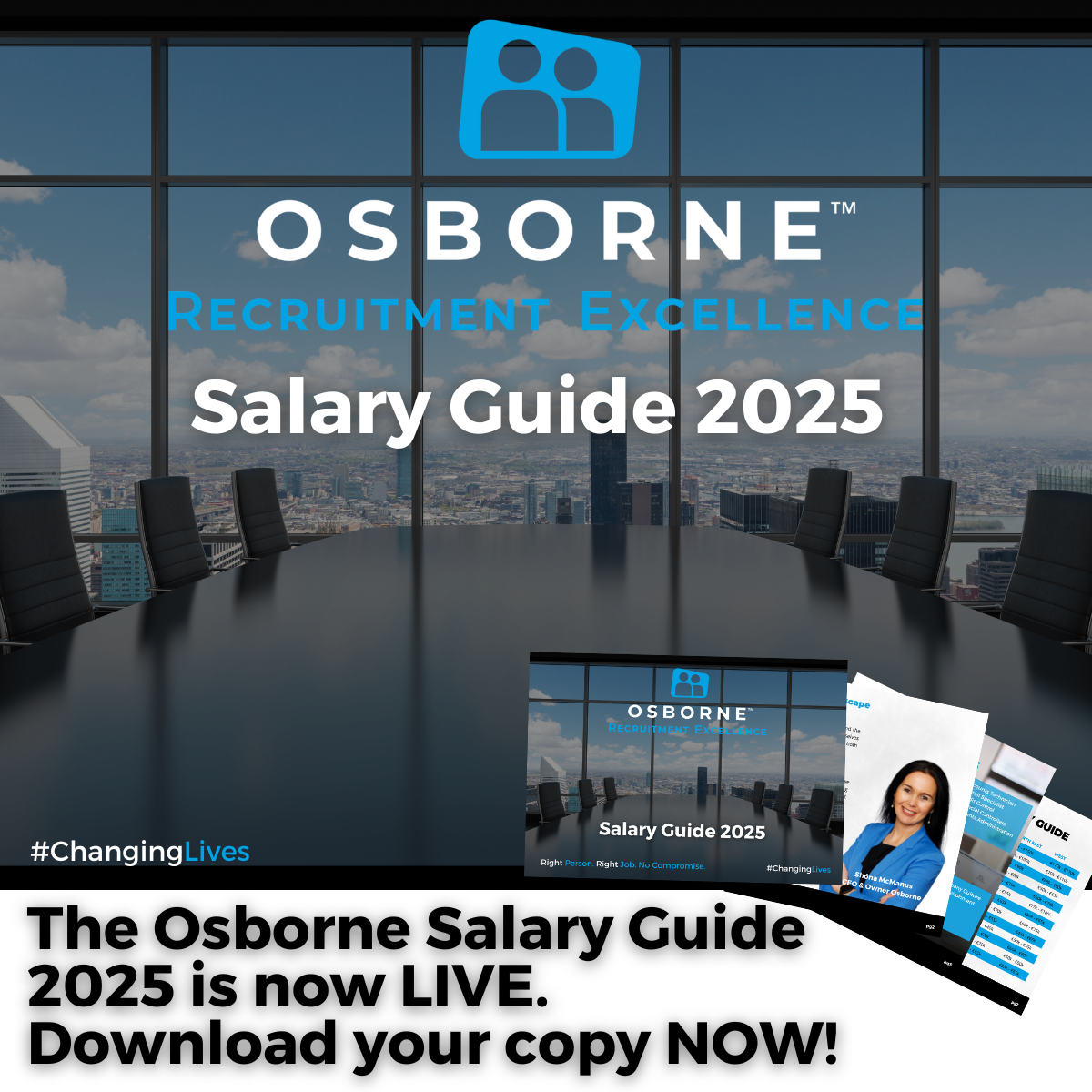
Key Challenges Remain – But So Does Opportunity
The key challenges facing organisations in 2025 remain consistent with what we uncovered in our Q3 survey. Employers continue to report difficulties in recruiting for roles, with rising costs, staff retention, and a shortage of key skills standing out as the most pressing barriers. The demand for top-tier talent remains strong—but how we define, attract, and retain that talent is rapidly evolving.
Adding further complexity, we’re seeing a significant number of redundancies occurring across sectors—strategic moves often not reflected in official announcements, but happening all the same time. It’s part of a broader shift in strategic change and transformation, aimed at better aligning organisations around cost and skills—both for now and for the future.
At the same time, companies are reporting increasing caution in their hiring strategies due to ongoing geopolitical tensions and macroeconomic uncertainty.
Shifts in Hiring Strategy – From Credentials to Capabilities
Skills-based hiring continues to gain momentum, as more companies prioritise capability and adaptability over formal qualifications. This shift is critical as the rise of AI and automation accelerates. We’re seeing strong demand for digital skills, but equally important is the need for human-centric roles—those that require creativity, complex problem-solving, emotional intelligence, and relationship-building.
Learning and Development can no longer be treated as a checkbox exercise. In 2025, it must be a core pillar of your talent strategy. Employees are telling us loud and clear: they’re leaving roles due to a lack of career development, and they’re seeking not just higher salaries, but opportunities for growth and change.
The Push-Pull of Hybrid Work
The hybrid model remains the most popular working arrangement—but it’s not without its tensions. While employees continue to express a strong preference for hybrid flexibility, many employers are now shifting their focus back to onsite presence. Two of the key reasons cited by employers is to promote a sense of company culture, along with the ability to support learning and development for teams working in a shared environment.
This misalignment between employee and employer is creating some friction, with organisations reporting challenges including reduced productivity, communication breakdowns, and difficulties in managing teams effectively in a remote environment.
We are moving into what can only be described as a more employer-led market. Yet, this doesn’t mean the power has fully shifted. Talent still has choices, and organisations that are clear about their values, invest in their people, and maintain flexibility will remain more attractive to today’s workforce.
Looking Ahead
As you review this Salary Guide, I encourage you to think beyond compensation. Recruitment is no longer just about filling roles—it’s about building resilient, adaptable, skilled teams that can thrive in a shifting landscape.
At Osborne, we are committed to Recruitment Excellence and #ChangingLives through placing the Right Person with the Right Job, No Compromise ensuring that businesses thrive and candidates reach their full potential.
This 2025 Salary Guide is designed to provide employers and candidates alike with valuable market insights to ensure informed hiring or career decisions in the year ahead. We hope this guide proves to be an essential resource to you and your organisation, and we look forward to partnering with you in 2025 and beyond.